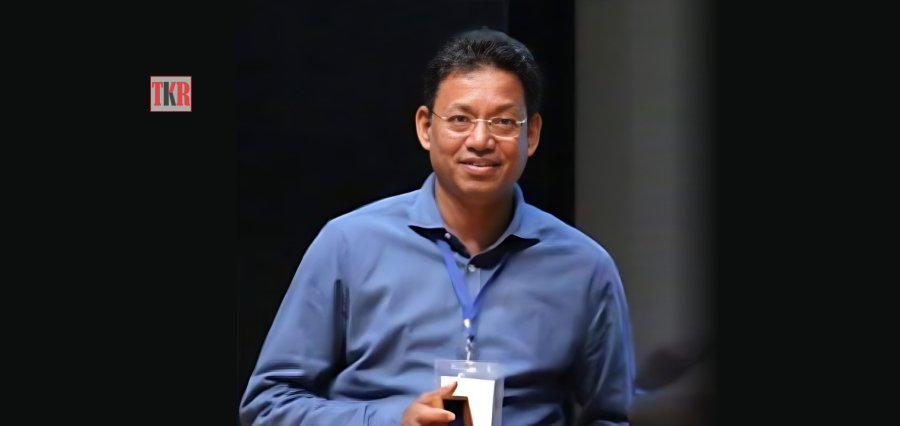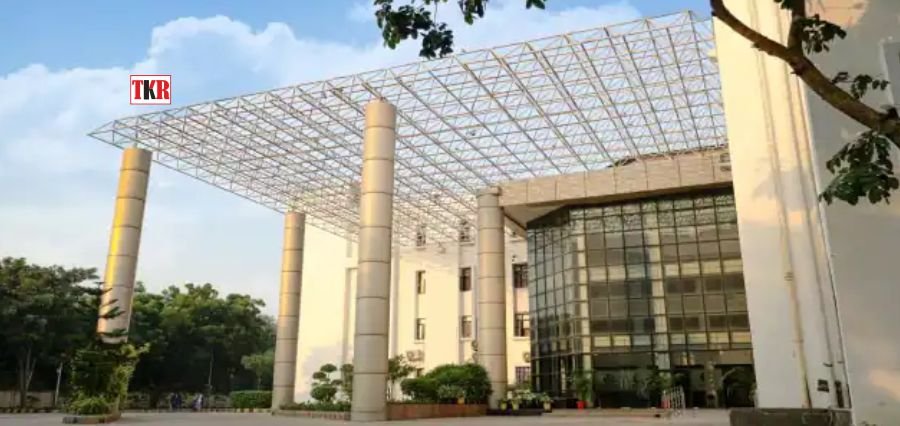Education is one of the best gifts in the world. As many often misunderstand, it’s not a privilege; it’s a priority, a right that can empower individuals and mould a saving economy for survival. Educationists like Pamarty Venkataramana are true advocate of knowledge with shining persona. Venkataramana is an eminent Jurist, Poet, Essayist, Policy planner, and Philanthropist.
Apart from all the designations earned, he is a selfless man who chose to dedicate all his earnings from his literary works to supporting girls’ education in Africa and Asia. He is a man with a heart who understands the loopholes in society and tries to salvage them in the best possible manner. He shed light on his remarkable journey in the industry while discussing with The Knowledge Review.
Below are the excerots from our interview with The Knowledge Review:
Your essays and lectures have always harped more on the need for universal education. Why?
Education is the cornerstone for the growth of civilization. Literacy is basic, yet educational methods alone help to instill values and spread good vibes in society, generation after generation.
Why have you chosen to dedicate all earnings from your literary works to support girls’ education in Africa and Asia? Could you please emphasize the importance of this cause?
Every girl child is a special creation of Mother Nature. You educate a girl, and she grows up to be a model citizen, tending to the children she raises and keeping up the pride of an entire household or workplace. Over the past few generations, they have grown up to become self-sufficient, courageously braver, and stronger in their resolve to match and outclass male counterparts in a perennial tussle for gender supremacy.
Is it true that all your literature is penned amidst arduous, long work hours?
In my case, literature has sprung from handling and witnessing a host of incongruities, day in and day out, in the course of a hectic work regimen. I feel it necessary on the part of every practitioner to chronicle the observations, which shall act as a lighthouse for others in society to stay away from friction, litigation, and unsavory incidents.
Why is there resistance to education among poorer sections of society, such as farm laborers, casual workers, and hut-dwellers?
The economic factor prompts them to prefer child earning alongside them on a construction site to supplement family income and overcome improvement. However, morning walkers can easily get these unfortunate street kids to congregate and impart basic lessons in language, hygiene, and life sciences and encourage them to participate in outdoor games or other sporting activities. This will be a great way to exhibit the social responsibility of more fortunate ones towards the underprivileged.
How has literature influenced your understanding of legal principles and the human condition in your career as a lawyer?
It is the other way round, you can say, because golden tenets of jurisprudence are often transgressed or violated to result in various forms of litigation. Literature should aim at stimulating the reader to think appropriately and discern what is right and what is wrong.
Even fiction is never imaginary but rests on past events, everyday happenings, and probabilities. A good judge or a good lawyer is one who exhibits kindness, compassion, and maturity while examining any given set of facts or circumstances.
In what ways do you believe the intersection of law and literature can contribute to a more just and empathetic society?
Both are inter-mingled forever because morality and legality pose an eternal dilemma for all generations and civilizations.
What is your opinion on the need for a changed educational system in our country?
A uniform curriculum across all educational institutions is a must. A comprehensive overhauling of procedures and systems to teach, evaluate, and promote pupils at every stage and course is a must that ought to be spearheaded by educationists and not federations of educational institutions or by the bureaucracy.
Apart from this, keeping in view the logistical and social problems faced today, it may be prudent to have schools within a radius of fifteen kilometers of residence. Traffic woes, too, will vanish. The capitation fees system ought to be abolished just as the pernicious practice of corporal punishment was made illegal.
Have you established any school or college, and if so, where?
My first experience was when I helped establish a primary school at a Naxalite-infested village bordering Andhra Pradesh and Madhya Pradesh. It has now grown to become a senior secondary school catering to the tribal community and other sections of at least a dozen surrounding village panchayats. Then, there have been degree colleges and medical varsities with which I have been closely associated.
The dream project, though, is to establish a law college in every state exclusively for women students. The free legal aid camps we keep conducting periodically have highlighted the need for such a pan-India institution of excellence in Law aimed at churning out learned lady lawyers. They are the torchbearers of human rights both on the domestic front as well as in public space.
In this season of entrance examinations, what tips will you give to students appearing for the CAT and other important tests like the CA, CS, CWA, NEET, and other professional courses?
I am a staunch advocate of early rise and regular studies only formula. This era of social media tyranny has turned many into nocturnal creatures, which leads to body cycle changes, the biological clock going awry, and, as a result, capable candidates underperforming on D-day.
Plenty of water, milk, or fresh fruit juices help maintain strength. Binge-watching movies and binge-eating unhealthy foodstuffs can be avoided. Revision must begin at least ten weeks before the day of the examination. More importantly, focus and determination without succumbing to tuition/coaching center pressure tactics or peer-created stress are sine qua non to clear the bar in this rat race.





